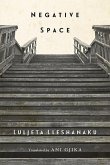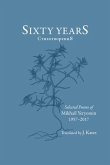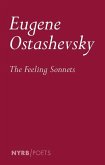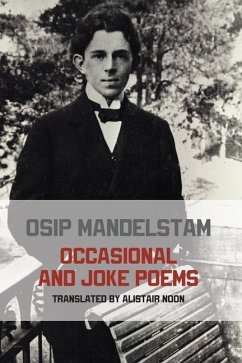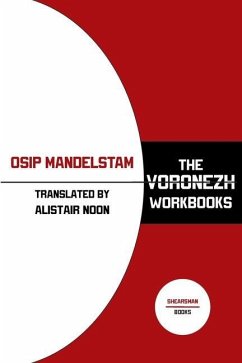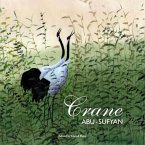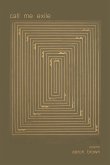"These poems by Tsvetaeva positively scorch the page. What other poet, of this or any century, can match her for ferocity? Wrested from the maelstrom, her imagery alone is a perpetual revelation: unadorned, unprecedented, brutally on target. English-language readers owe a profound debt of gratitude to Mary Jane White for these brilliant translations." -Linda Gregerson, Caroline Walker Bynum Distinguished University Professor, University of Michigan, Ann Arbor MI "Mary Jane White's translations reflect her profound commitment to Tsvetaeva. What impresses me most is the consistency and integrity of the poetic voice that emerges from these pages - a voice that echoes Tsvetaeva's tense, resonant Russian but is also entirely, naturally Anglophone."- Boris Dralyuk, co-editor of The Penguin Book of Russian Poetry (Penguin Classics, 2015) "White's remarkable translations have an empathic genius that not only offers Tsvetaeva in English but anticipates a poetry in American English that has not existed before. Tsvetaeva in English translation becomes Tsvetaeva's English poetry. These translations are works of imaginative discovery--of Tsvetaeva's visionary language as it transforms American poetry with an alien intensity." - Tony Brinkley, Professor of English, University of Maine "Marina Tsvetaeva's syntactically condensed, syncopated verse, the 'Russianness' of her cultural allusions, the emotional pitch of her voice and the relative paucity of such shadings in English, present nearly insurmountable difficulties that make her, in my opinion, the most 'untranslatable' of Russian poets. Brodsky valued Tsvetaeva's gift above all others in modern Russian verse. Akhmatova's sense of her adroitness speaks volumes: 'In comparison with Pushkin and Tsvetaeva, I'm just a little cow.' Mary Jane White's life-long engagement with Tsvetaeva and her own remarkable gifts as a poet give this volume genuine depth, breath, and voice." -Alex Cigale, NEA Fellow in Literary Translation, Author of Russian Absurd: Daniil Kharms, Selected Writings Mary Jane White is a poet and translator who practiced law at her home, the O. J. Hager House in Waukon, Iowa. She was born and raised in North Carolina, earned degrees from The North Carolina School of the Arts, Reed College, The University of Iowa Writers' Workshop, and studied law at Duke University, graduating from The University of Iowa. Her poetry and translations received NEA Fellowships in 1979 and 1985. She taught lyric poetry and poetry workshops briefly at the University of Iowa and at Luther College in Decorah, Iowa, and served for a decade as an Iowa Poet in the Schools, before her son, Ruffin, was born in 1991.
Hinweis: Dieser Artikel kann nur an eine deutsche Lieferadresse ausgeliefert werden.
Hinweis: Dieser Artikel kann nur an eine deutsche Lieferadresse ausgeliefert werden.


